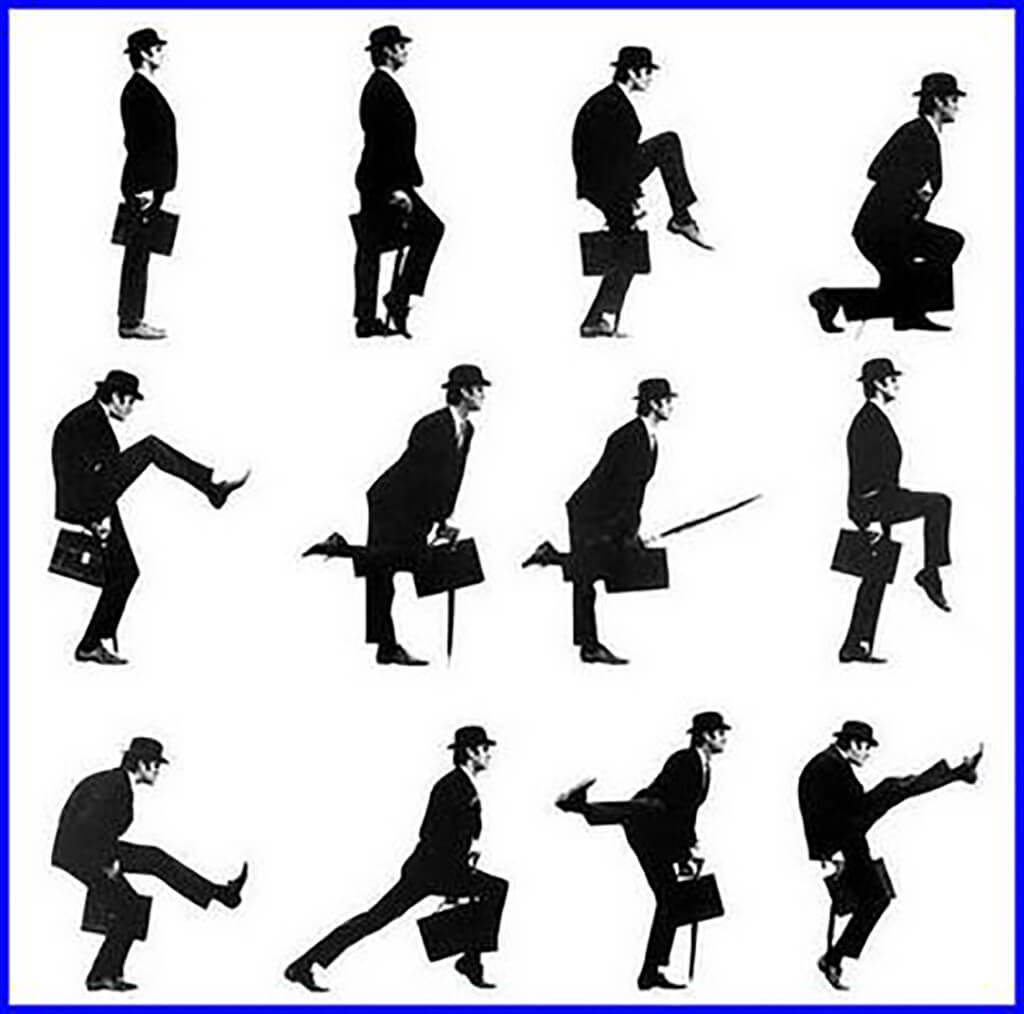
What did Heath Ledger, Esa-Pekka Salonen, Sir Ian McKellan, David Ben-Gurion, George Bernard Shaw, Alan Rickman, Julie Andrews, John Cleese, Yehudi Menuhin, Madonna and Sting all have in common?
No, it wasn’t a love of vegetarianism or a delight in the fine arts. All of these acclaimed individuals turned to Alexander Technique, a method for alleviating pain, improving efficiency and ease of movement, and overall better “use” of the body.
Frederick Mathias Alexander, an Australian actor, developed his method of body use in the early 20th and late 19th century after encountering problems with voice projection and hoarseness when performing. Alexander discovered his tense and stiff use of his body hindered his ability to project and perform with ease. He developed a technique where one could re-educate their body to perform in a higher way, now endorsed by numerous artists, educators, athletes, dancers, military personnel, and scientists.
Behind the scenes with some of Toronto’s great musical performers and students, the principles of Alexander Technique are alive and well. Both the Royal Conservatory of Music and the University of Toronto’s Faculty of Music include some form of Alexander Technique as part of their curriculums, as well as the Juilliard School, the San Francisco Conservatory, Royal College of Music and most major American and European music institutions.
In Toronto, one Alexander guru who has helped countless Toronto musicians is Verna Johnson, many of whose students have taken lessons with her for decades.
Johnson turned to Alexander Technique over forty-five years ago, not because of injury or sickness, but because she loved the holistic experience of Alexander.
“It spoke to me on a very profound level, almost emotionally, the way it made me feel better about myself,” she describes. “I started to see how it’s the way you use yourself; it’s the application of the work. The work is not like a pill to make you better. It is entirely up to you how far you want to go with it.”
Rory McLeod, violist and co-director of Toronto-based Pocket Concerts, turned to Johnson and Alexander Technique in 2007, after pinching a rotator cuff muscle that caused him to cut back on playing. Since then, McLeod has been a devoted student of Alexander Technique, claiming that his sessions with Johnson vastly improved his quality of life in general, as well as improving his playing.
“[Alexander Technique] taught me that my physical state and my mental state are inextricably linked: if my mind is out of whack it will affect my body, and vice versa,” McLeod describes. “Put simply, you have only one ‘self,’ and that includes all of you — emotions, too.”
He says his Alexander Technique sessions have taught him, “to think of playing viola as a process, rather than a series of specific tasks that need to be accomplished as accurately as possible,” and that problems can often be solved indirectly, by incorporating better use of the body as a whole.
Wendy Nielsen, acclaimed Metropolitan Opera soprano and current head of voice at the University of Toronto and head vocal consultant for the Canadian Opera Company’s Ensemble Studio, has incorporated the principles of Alexander Technique into her teaching since the 1990s, initially working with Malcolm Balk, an Alexander Technique and running specialist. Nielsen says Alexander helped her singing tremendously, particularly concerning alignment and breath. She now combines her knowledge of Alexander with additional bodywork, developed by Jennifer Swan and based loosely on pilates.
“I would say that my teaching is quite physical in nature,” Nielsen explains. “I feel that voice training is actually brain and body coordination training. We are training the ‘housing’ so that the vocal apparatus can operate with freedom and expressive ease.”
Verna Johnson agrees that when working with musicians, applying the principles of Alexander Technique and better use of the body does lead to increased freedom in musicians’ sounds.
“I notice with musicians that you can hear when it’s freer,” Johnson describes. “You don’t just open your mouth and sing; there’s loads more going on. You don’t just pick up a bow and stroke it and play the violin.”
Johnson also often finds that musicians often make the best Alexander Technique students.
“I think that’s because musicians know about practise,” she explains. “It’s not just about hitting the notes but what you bring to it. Musicians are accustomed to practise and there’s always a new way or a new understanding of a piece of music so they’re more, shall I say, dedicated to their practise and their craft than even actors.”
And after studying the Alexander Technique, musicians often not only feel physical changes in their playing, but emotional changes in their confidence and sense of well-being. Rory Mcleod affirms that since studying Alexander, he has felt, “an improved sense of self-respect and self-esteem, and a general increase in confidence.”
Verna Johnson agrees. “You feel it in your soul, your body, your neck, your fingers – it’s a holistic experience, in a sense,” she shares.
Though Alexander Technique is not just for musicians. Verna Johnson notes that all sorts of people come to her for lessons, including lawyers, accountants, yoga teachers, school teachers, I.T. workers and more.
So next time you’re watching a Colin Firth or Alan Rickman movie, attending the Toronto Symphony or the Canadian Opera Company, watch how the performers move. It may be something they work just as hard on as learning their fingerings, bowings, and stylistic interpretations.
#LUDWIGVAN
Want more updates on Toronto-centric classical music news and reviews before anyone else finds out? Follow us on Facebook or Twitter for all the latest.
- LISTEN UP |Cherry Blossom Season Requires A Cherry Blossom Classical Playlist - May 11, 2018
- HANGOUTS | Carla Huhtanen’s Guide To Toronto - May 8, 2018
- HANGOUTS | Spending The Day With Jane Archibald - April 12, 2018



